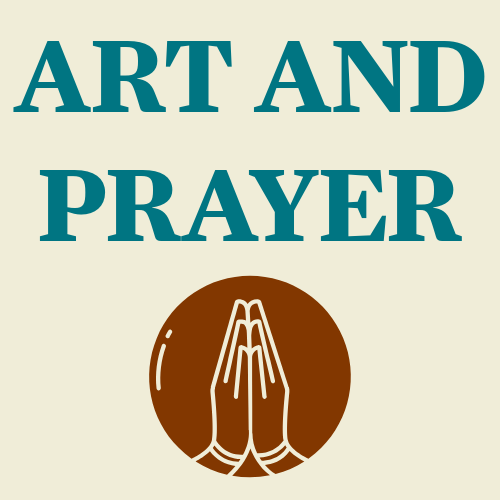Praying with the "Sacrifice of Isaac" from the de Bry Gospels
What happens when faith takes us to the edge of understanding? In The Sacrifice of Isaac, we face the unsettling and the sacred side by side. Through art and prayer, we discover that the Divine One always provides another way.
Genesis 22:9-14
The engravings of Theodore de Bry and his successors capture sacred stories with striking visual depth and intricate detail. In this week’s Art and Prayer episode, Rev. Rob McPherson invites us to contemplate The Sacrifice of Isaac, from an Armenian copy of the de Bry Gospel engravings. These finely carved lines offer a layered meditation on faith, fear, and divine provision — themes that continue to challenge and comfort believers today.
The story of Abraham and Isaac unsettles us from the start. We are disturbed when God asks Abraham to sacrifice his beloved son, yet relieved when a ram appears in the thicket — a sign that God provides another way. Across centuries of interpretation, this story has been seen as a rejection of human sacrifice, a test of faith, and a foreshadowing of the life and death of Christ. In every telling, the message echoes: God will provide.
Through the engraving’s dual scenes — Abraham and Isaac climbing the mountain and the angel’s dramatic intervention — we are invited to reflect on our own spiritual journeys. Where do we walk the precipice of faith, carrying burdens that feel too heavy? Where might God be calling us to pause, to listen, to choose another way?
As we gaze upon the engraving and listen to the words of Genesis once more, we are called not only to see but to feel: the tension, the fear, and the sudden relief when mercy interrupts violence. The Divine One meets us here, not demanding sacrifice, but offering wisdom, protection, and compassion.
In the end, Rev. McPherson reflects that the angel’s stay of Abraham’s hand is a reminder for us all: when we believe God leads us toward harm, the true voice of God will intervene. God’s provision points us toward peace, not destruction — always providing a better way.
